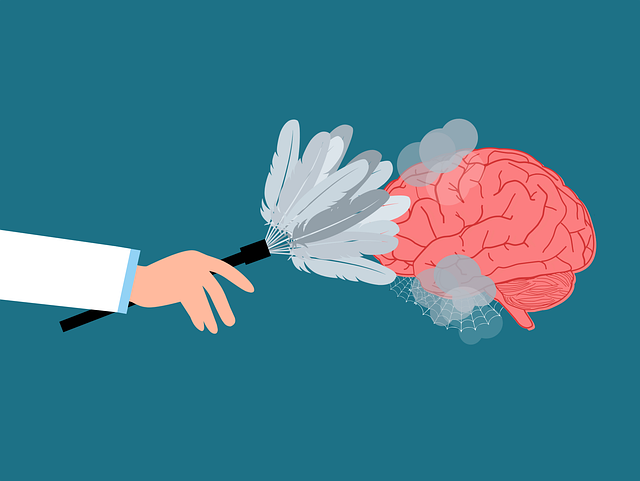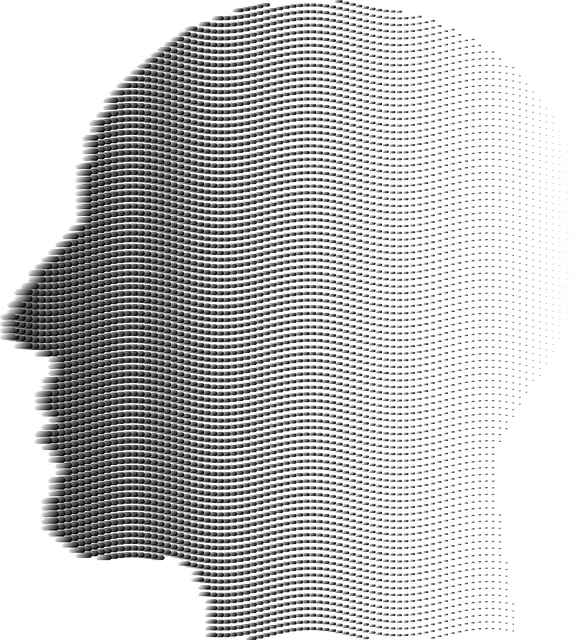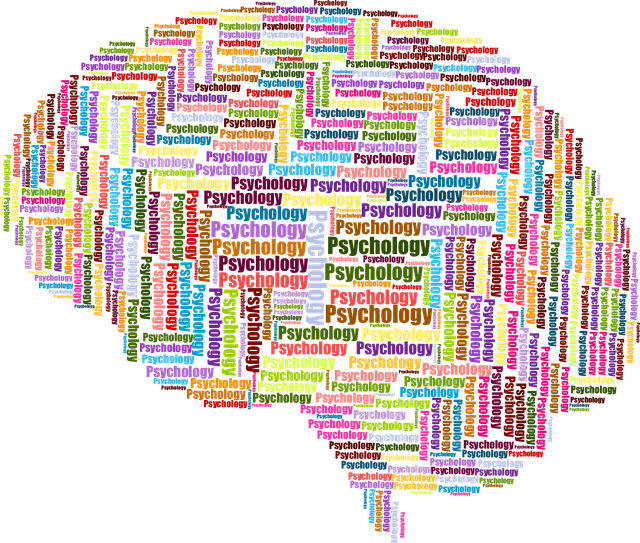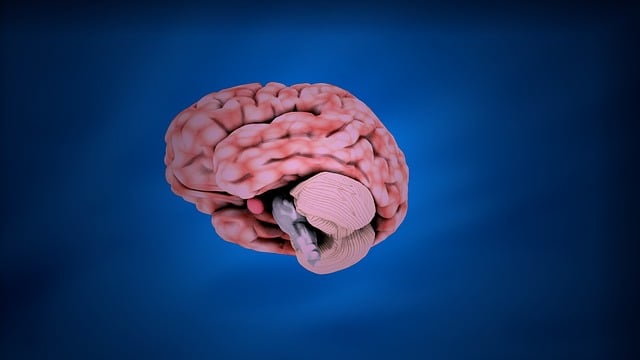In today's fast-paced world, mental wellness is crucial but often overlooked due to daily stressors. Castle Rock Depression Therapy (CRDT) advocates for accessible self-assessment tools to empower individuals in managing their mental health early on. These tools, tailored to diverse populations through professional expertise and Mental Health Policy Analysis, assess emotional regulation, social support, and coping mechanisms, incorporating concepts like Emotional Intelligence. Regular updates and feedback ensure their validity and reliability. Integrating CRDT principles enhances assessment accuracy by exploring underlying emotional factors of depression, particularly useful for healthcare professionals at risk of burnout. Additionally, CRDT's Conflict Resolution Techniques can improve work environments, fostering healthier mental wellness outcomes.
Mental wellness self-assessment tools play a crucial role in individual understanding and management of their mental health. As awareness grows, the demand for accessible, effective evaluation methods increases. This article explores the development of such tools, focusing on key components and a step-by-step guide to creation. We highlight Castle Rock Depression Therapy as an innovative approach integrated into these assessments, offering users a comprehensive and evidence-based self-reflection experience.
- Understanding the Need for Self-Assessment Tools in Mental Health
- Key Components of a Comprehensive Mental Wellness Self-Assessment
- Developing Effective Self-Assessment Tools: A Step-by-Step Guide
- Integrating and Utilizing Castle Rock Depression Therapy in Self-Assessment Tools
Understanding the Need for Self-Assessment Tools in Mental Health

In today’s fast-paced world, mental wellness is a cornerstone of overall health and well-being. The demands of daily life can often lead to increased stress levels, anxiety, and even depression, making it crucial for individuals to have accessible tools to assess and improve their mental health. Castle Rock Depression Therapy highlights the growing need for self-assessment tools that empower people to take charge of their mental wellness. These tools are essential in promoting early intervention and prevention, as they allow individuals to identify potential issues before they escalate.
Self-assessment plays a pivotal role in fostering Self-Care Routine Development for Better Mental Health. By providing a clear picture of one’s emotional state, these tools enable people to understand their triggers, recognize patterns, and develop effective coping strategies. Moreover, they can facilitate Stress Management by offering techniques to mitigate everyday pressures, thereby enhancing resilience. Additionally, empathy Building Strategies incorporated into such assessments promote self-awareness and understanding, creating a supportive environment for positive mental health growth.
Key Components of a Comprehensive Mental Wellness Self-Assessment

A comprehensive mental wellness self-assessment tool should incorporate several key components to effectively gauge an individual’s psychological well-being. Firstly, it must include questions that assess symptoms and severity of common mental health conditions such as anxiety, depression, and stress. This can help identify individuals who may benefit from Castle Rock Depression Therapy or other interventions. Secondly, the assessment should delve into aspects related to self-esteem improvement and confidence boosting, as these play a pivotal role in overall mental wellness.
Additionally, incorporating sections on lifestyle habits, social support networks, and coping mechanisms is essential. Such components help individuals reflect on their daily routines and identify areas for positive change. Furthermore, including questions that gauge healthcare provider cultural competency training can enhance the assessment’s effectiveness, ensuring that it resonates with diverse populations and promotes inclusive mental health practices.
Developing Effective Self-Assessment Tools: A Step-by-Step Guide

Developing Effective Self-Assessment Tools is a crucial step in fostering mental wellness. The process begins with identifying key aspects of mental health to assess, guided by professional knowledge and current Mental Health Policy Analysis and Advocacy. This involves understanding not just symptoms but also emotional regulation skills, social support networks, and coping mechanisms. Incorporating concepts like Emotional Intelligence into the assessment can provide a holistic view of an individual’s mental wellness.
Next, create a comprehensive yet user-friendly questionnaire or survey. Ensure it is culturally sensitive and accessible to diverse populations. Pilot test the tool with a small group to refine questions for clarity and effectiveness. Feedback from this phase is invaluable, allowing for adjustments that enhance the tool’s validity and reliability. Consider integrating features that promote self-reflection and growth, aligning with Castle Rock Depression Therapy principles. Finally, regularly update and validate the assessment based on new research and feedback, ensuring its relevance in addressing evolving mental health concerns within the community, complementing Community Outreach Program Implementation initiatives.
Integrating and Utilizing Castle Rock Depression Therapy in Self-Assessment Tools

Integrating Castle Rock Depression Therapy into self-assessment tools offers a powerful approach to mental wellness evaluation. This evidence-based method focuses on identifying and addressing underlying emotional factors contributing to depression, providing a comprehensive understanding of an individual’s mental state. By incorporating techniques from Castle Rock Depression Therapy, these tools can facilitate deeper exploration of thoughts and feelings, enabling more accurate assessments.
Such integration enhances the ability to detect early signs of burnout among healthcare providers—a demographic often at risk due to demanding professions. The therapeutic approach’s emphasis on emotional healing processes can aid in developing effective burnout prevention strategies, fostering healthier work environments. Moreover, Conflict Resolution Techniques, a core component of Castle Rock Depression Therapy, may prove valuable in improving interpersonal dynamics within these settings, ultimately enhancing overall mental wellness.
Mental wellness self-assessment tools play a pivotal role in promoting individual awareness and early intervention. By integrating evidence-based methods like Castle Rock Depression Therapy, we can create effective resources that empower individuals to take charge of their mental health. Following the step-by-step guide outlined in this article, developers can create comprehensive tools that capture key components of mental wellness, enabling users to gain valuable insights and seek appropriate support when needed.









